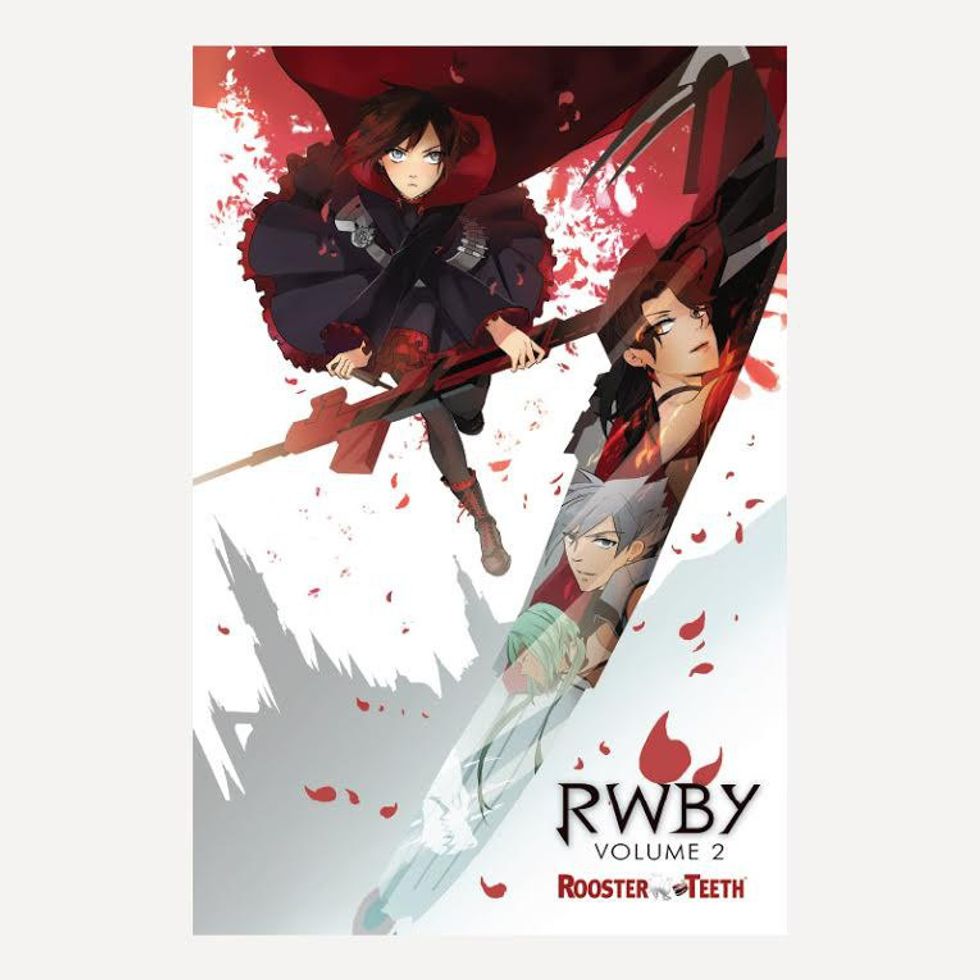So... so far, this was another interesting week. The other major political party had their convention, which started as a rerun of last week but just ended up as rather dull in the Oscar bait sense of the word. Elsewhere in the world... Does anybody care about the Cubs-White Sox rivalry? Or the International Champions Cup, for that matter? Oh well, let's talk about fan communities and the world around them, especially after the triple threat of superhero movies, The Lord of the Rings trilogy and the rising popularity of video gaming back in the early 2000s ensured that geek culture would and did conquer the entertainment world.
To a certain extent, the fan community as a concept has proven to be more successful in unifying people, mainly because people have always used entertainment to escape the real world. Then again, we live in a world where we trust satirists to inform us on world events than most journalists. But then again, most people find it hard to believe journalists from cable networks that have an obvious agenda behind them.
And part of the reason why we are seeking out entertainment more and more is because the quality stuff deals with the real world in implicit ways, such as allegory and covert/overt symbolism. This is nothing new, but it has certainly become much more prevalent in the era of Netflix and Chill. For example, there have been numerous think pieces and videos (like this one) about how Game of Thrones reflects our perception of reality. There are those who have called Captain America a libertarian superhero, specifically in light of what happened in Civil War. And of course, the release of Pokémon Go have had us all talking about not only the blurring of fiction and reality, but also certain societal issues that prevented some players from enjoying the game's potential to its fullest extent.
Besides Pokémon Go and the current Marvel movies, a good example of this is the web series RWBY. Yes, I have talked about the show in a previous article, so I won’t bore you with the details. Chief among them is this speech in Volume 2, from which the following is an excerpt: “On this day, nearly eighty years ago, the largest war in recorded history came to an end. It was a war of ignorance, of greed, and of oppression. A war that was about much more than where borders fell or who traded with whom, but about the very idea of individualism itself." This is more to that speech, and trust me when I say it serves towards adding the subtext much more.
This is what I kept in mind when I went to a theatrical screening of Volume 2 to explore these ideas some more and see if such themes and covert ideas resonated with fans. As I quickly found that, most people are generally not interested in this sort of thing. As attendee Taylor Merced noted, "I think it's like a pretty general thing... I didn't really see any political subtext other than regular writing, where's there like a bad guy. (laughs)" When asked what drew her to the show, Taylor responded, "Because there's such a huge community online... It was a small fan base. And it built up, and people really watched the show."
Of course, it leads to an interesting trail of thought about entertainment: the average person seeks it out for a break from reality, but they like it to be something they agree with on a subconscious level. After all, that's why so many people like the Transformers films, even though they have been hits with condemnations of racism, sexism and just being terrible. It's funny how life and communities work that way.











































